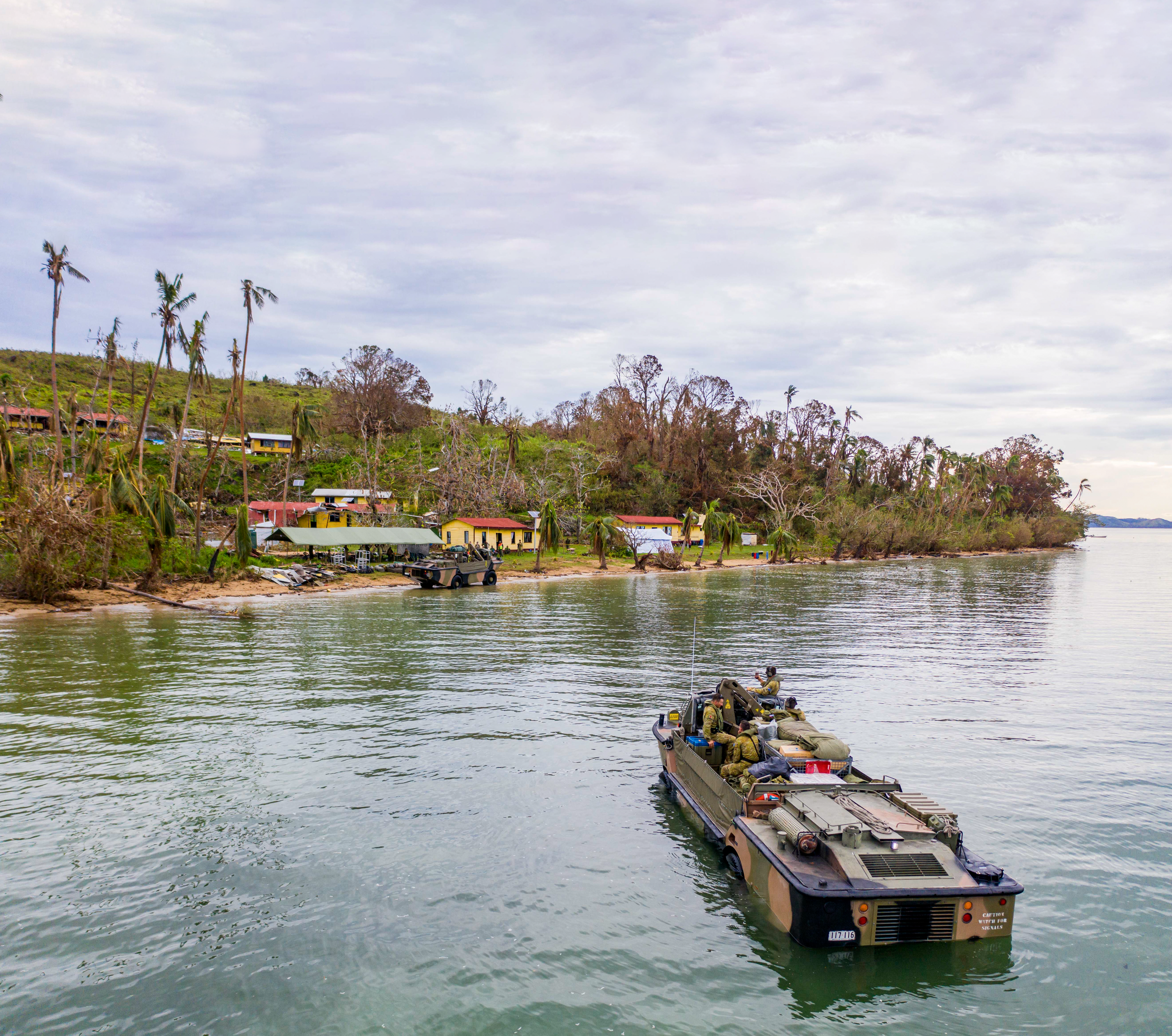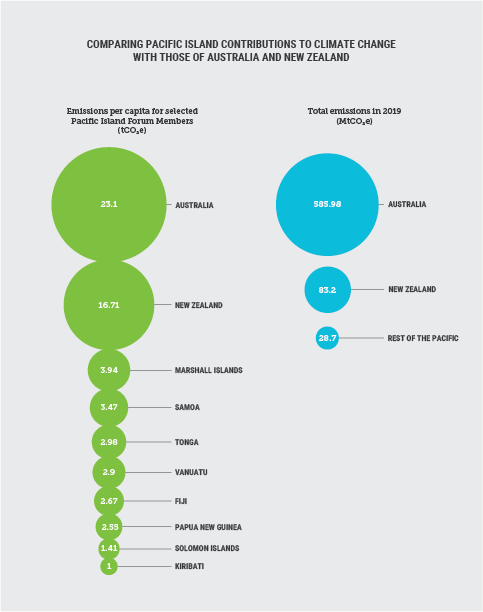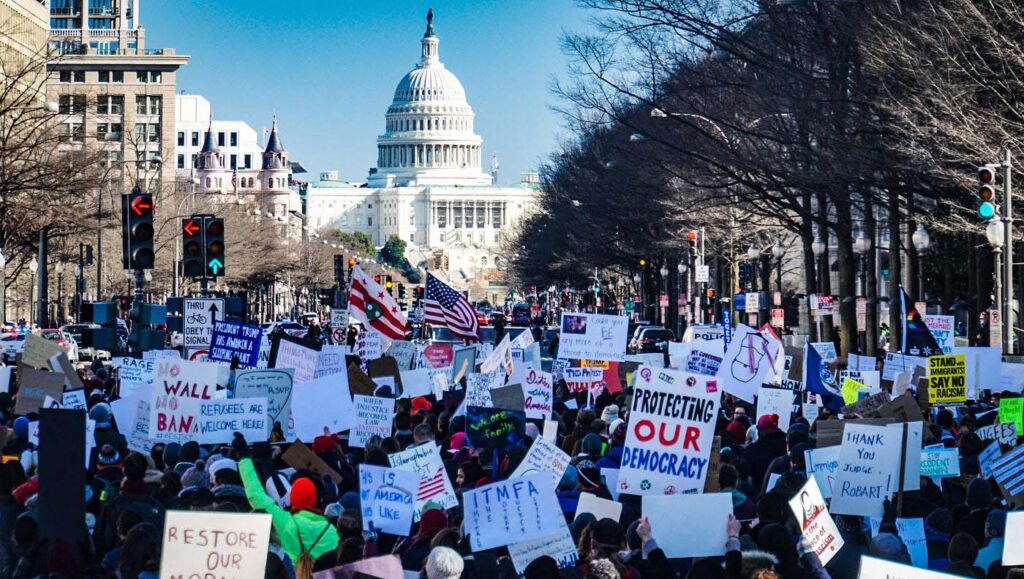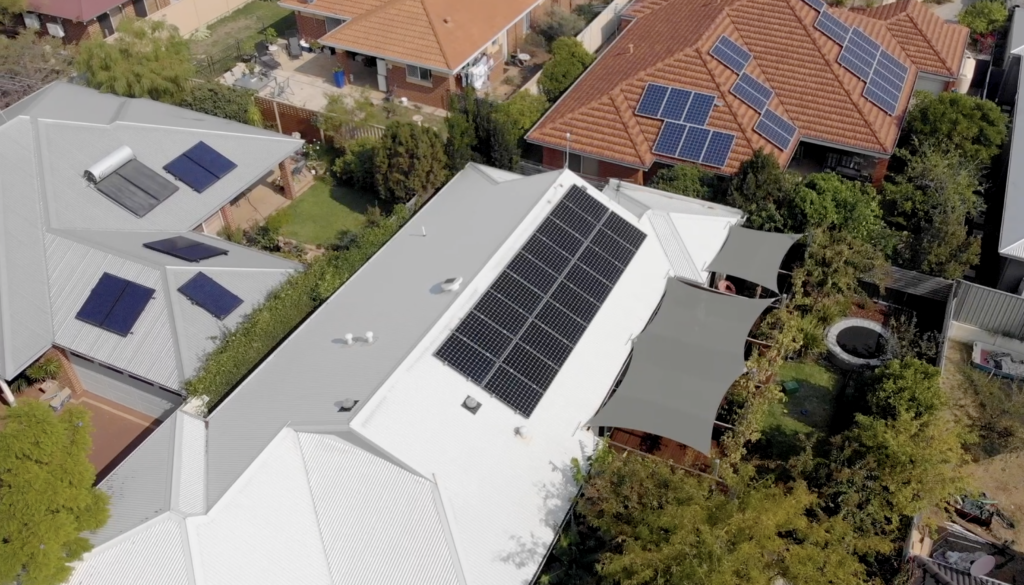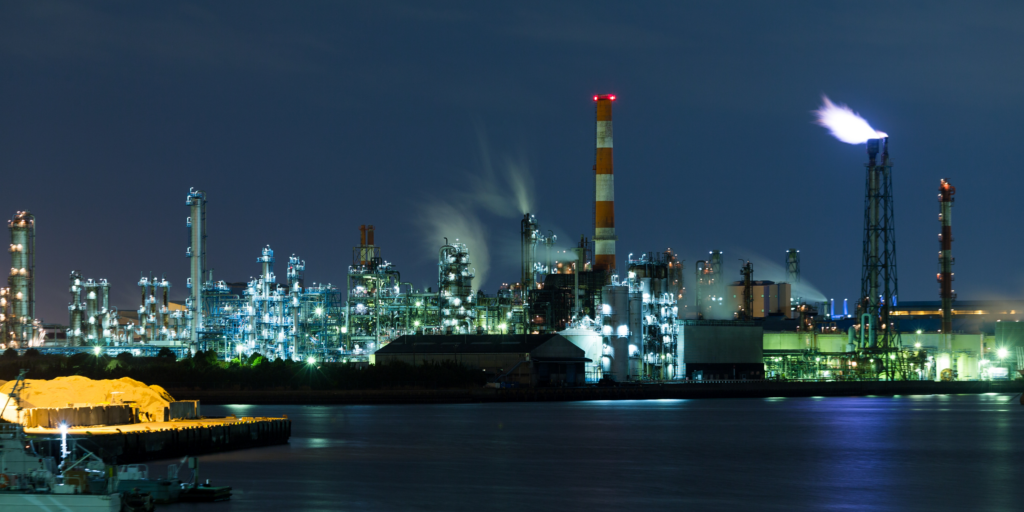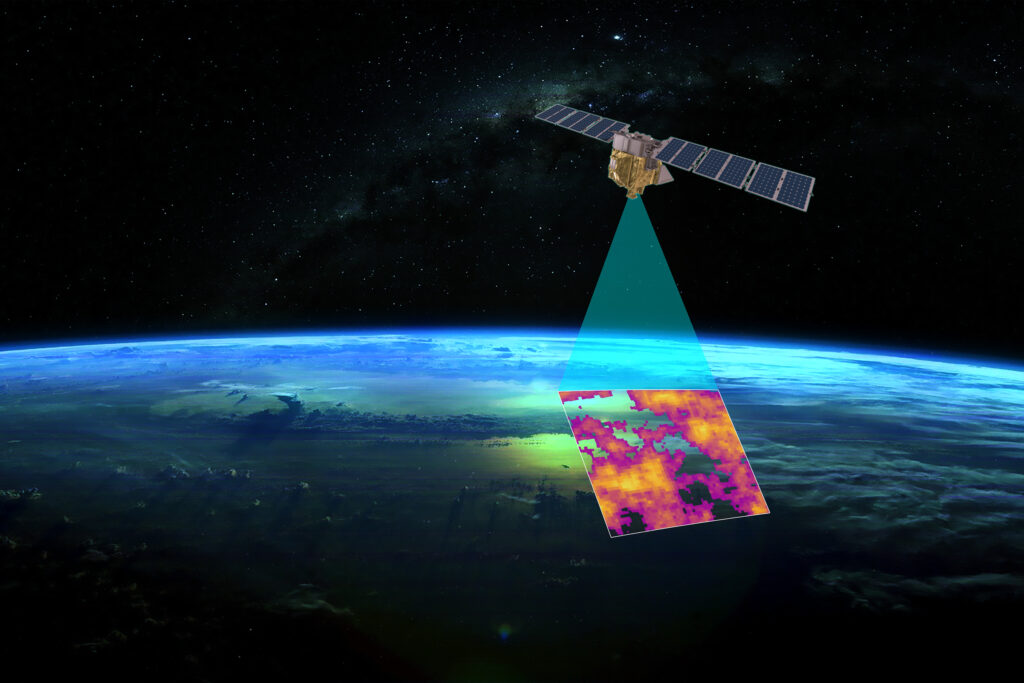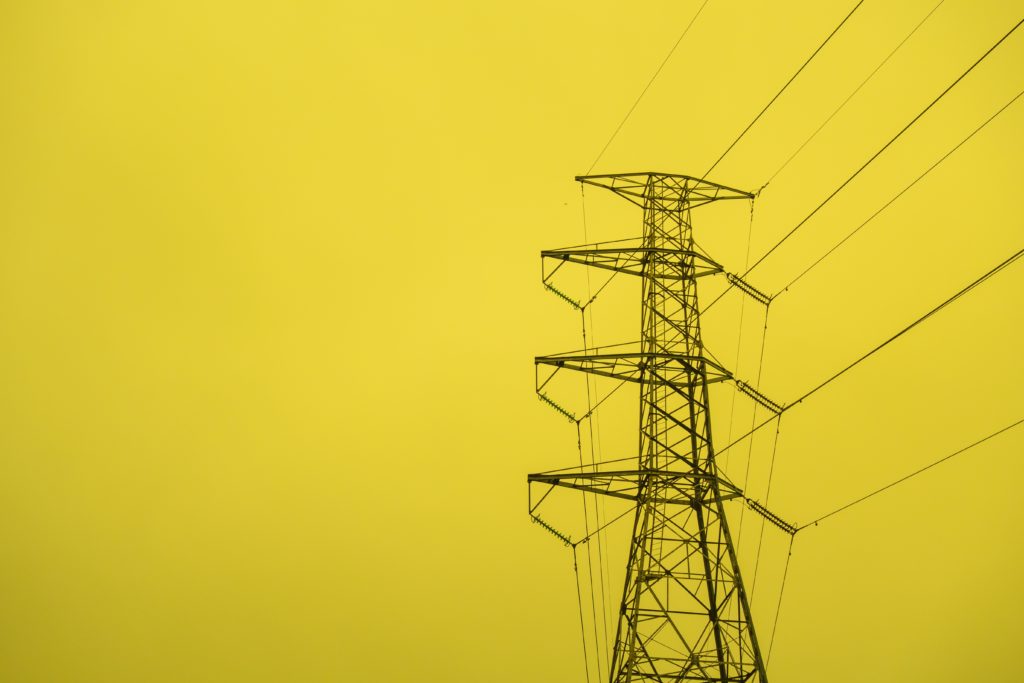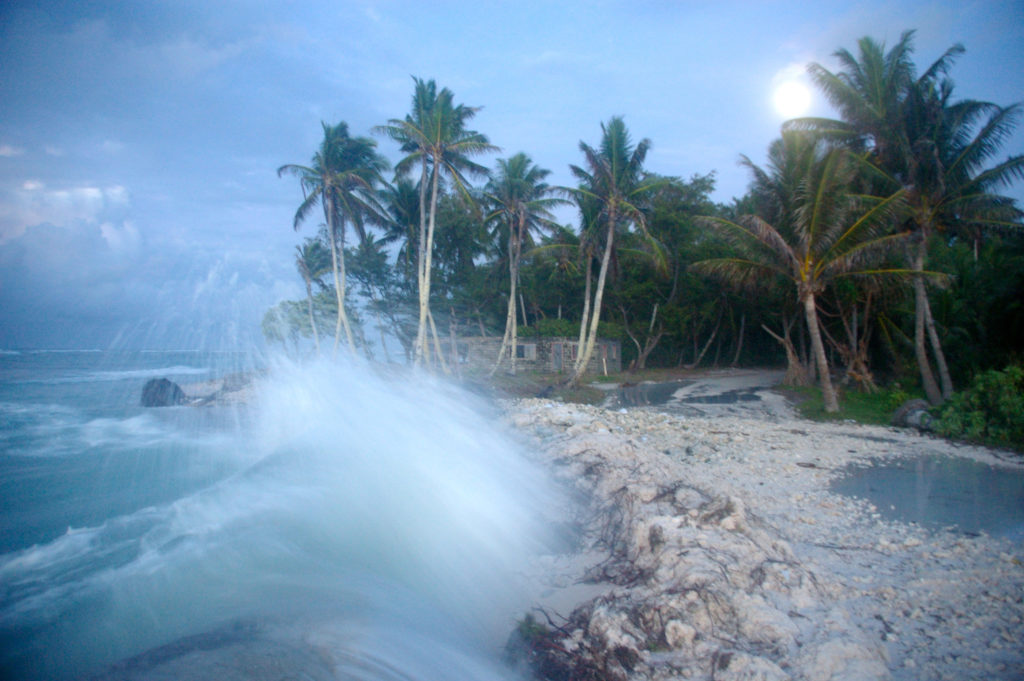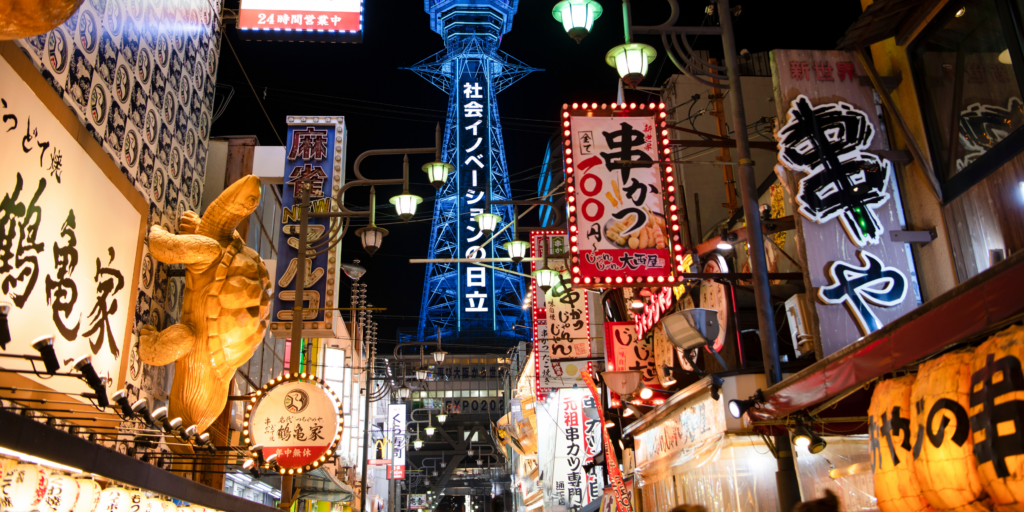The Climate Council’s new report A fight for survival: Tackling the climate crisis is key to security in the Blue Pacific has shown that to earn the trust of the rest of the region, Australia will need to show Pacific countries that it is serious about climate action. The window to avoid catastrophic impacts is closing fast. Global emissions must be halved by 2030, which means that wealthy nations like Australia should be planning for deeper emissions cuts this decade.
What is the Blue Pacific?
Pacific island leaders have developed a shared narrative for their maritime region, which they have labelled ‘the Blue Pacific’. Island countries are often portrayed as small, isolated and vulnerable. However – drawing on cultural and economic connections with the ocean – Pacific countries have asserted a contemporary identity as ‘large ocean states’ with sovereign rights across a large part of the Earth. Drawing on pre-colonial relationships across the ocean, Pacific leaders have committed to working together as a ‘maritime continent’.
What is the 2050 strategy for the Blue Pacific?
The launch of the 2050 Strategy for the Blue Pacific is a key focus for this year’s Pacific Islands Forum. The new Strategy sets out shared, long-term, approaches to critical challenges such as climate change, security and sustainable development. The 2050 Strategy has been developed through extensive, region-wide, consultations with Pacific governments, civil society, private sector groups, academia and technical organisations. The development of the 2050 Strategy has been led by the governments of Fiji and Vanuatu.
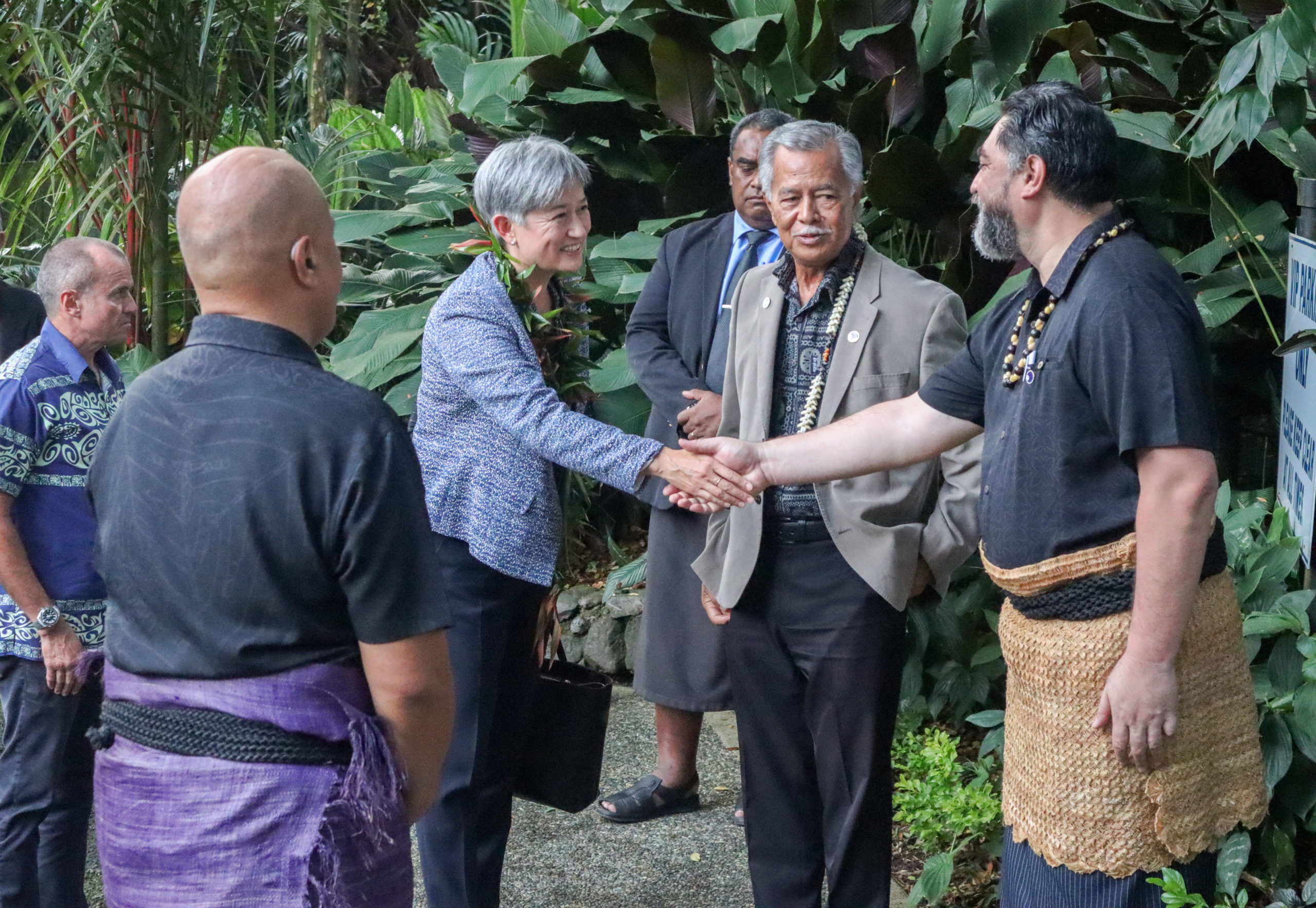
The Pacific Island Forum leaders meeting
This year’s Pacific Island Forum leaders meeting – the most important annual political meeting for the Pacific region – will be dominated by discussion about security. In recent years growing strategic rivalry between the United States and China has resulted in the Pacific becoming an increasingly contested region. Pacific island states have traditionally been aligned with the West, but this year China has signed a security deal with the Solomon Islands and is seeking a region-wide security arrangement with Pacific island countries.
Pacific leaders are adamant that climate change is their greatest security threat. Rising sea levels threaten the very survival of some Pacific nations. Pacific leaders want to see major emitters – including the US, China and Australia – taking action to address the climate crisis.
Report’s Key findings
- Climate change is an existential threat to the Pacific and time is running out. Action to urgently reduce greenhouse gas emissions is crucial to the survival of many communities.
- Australia must go harder and faster to act on the climate crisis to repair the relationship with our Pacific neighbours and address the growing security threat climate change poses for our region.
- Australia can and must take decisive action to act on climate change in accordance with what the science demands and in partnership and close consultation with Pacific communities and leaders.
- Australia wants to co-host a UN Climate Summit with Pacific nations, but must heed Pacific priorities for climate action.
Like many in the region, we welcome a more ambitious climate policy from the newly elected government of Australia, especially the strengthened commitments to cut emissions by 2030 as well as promises of new climate finance to help deal with the climate impacts. These commitments constitute positive progress. However, we will need to see more urgent actions – including accelerated efforts to move beyond coal and gas – to match the security threat we face.
Members of the Pacific Elders Voice

